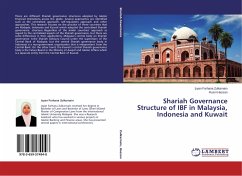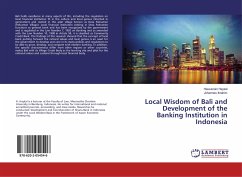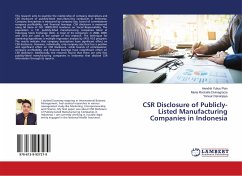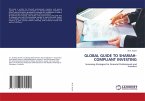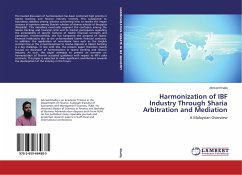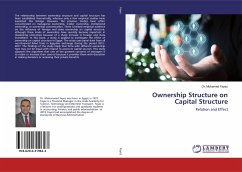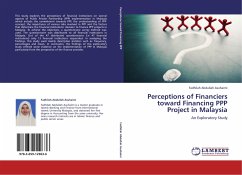There are different Shariah governance structures adopted by Islamic Financial Institutions across the globe. Several approaches are identified such as the centralised approach, self-regulatory approach and other approaches. This research focuses on the practice of three countries that are Malaysia, Indonesia and Kuwait which adopted the centralised Shariah governance structure. Regardless of the similar countries approach as regard to the centralized aspects of the Shariah governance, but there are some differences in their applications. Malaysia s central body on Shariah governance is the Shariah Advisory Council under the supervision of the Central Bank of Malaysia; but the central Shariah governance body in Indonesia is a non-government organization that is independent from the Central Bank. On the other hand, the Kuwait s central Shariah governance body is the Fatwa Board in the Ministry of Awqaf and Islamic Affairs which is a separate entity from the Central Bank of Kuwait.
Bitte wählen Sie Ihr Anliegen aus.
Rechnungen
Retourenschein anfordern
Bestellstatus
Storno

